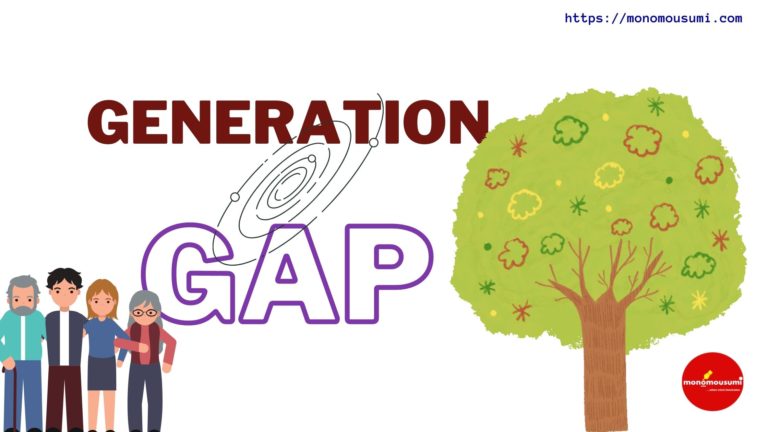
What is a nation without ‘Mother Tongue’?
Our mother tongue plays such a crucial role in shaping our thoughts and feelings. Mother tongue has a significant influence on the development of an individual. Our first language, the lovely sounds we hear and become acquainted with before birth when in the womb, play such an important part in influencing our minds.
Languages are effective tools for maintaining and expanding our tangible and intangible cultural heritage. All efforts to support the spread of mother tongues will help to foster not only linguistic diversity and multilingual education, but also a great understanding of linguistic and cultural traditions around the world, as well as a spirit of solidarity based on understanding, tolerance, and respect.
Every year on February 21, International Mother Language Day is marked to encourage linguistic and cultural diversity as well as multilingualism. International Mother Language Day highlights the importance of languages and multilingualism in promoting inclusion, and the Sustainable Development Goals emphasise the importance of leaving no one behind.
Bangladesh and their language campaign inspired the concept for International Mother Language Day.
Pakistan was established in 1947, according to history. Pakistan was first separated into two parts: East Pakistan (now known as Bangladesh) and West Pakistan (currently known as Pakistan). The two parts spoke different languages and had different cultures, and they were divided by India.
Even though Bengali was spoken by the majority of people in East Pakistan (now Bangladesh) and West Pakistan, the then-Government of Pakistan declared Urdu to be the only national language of Pakistan in 1948. (Now Pakistan).
Since the majority of people in East Pakistan spoke Bangla, the abrupt move sparked demonstrations.
Dhirendranath Datta, an East Pakistani lawyer, petitioned the Pakistan Constituent Assembly on February 23, 1948, to include Bangla as a national language alongside Urdu. However, the demand did not end as they had hoped, but the joint force, which included students from the University of Dhaka as well as members of the general public, began the demonstrations by organizing rallies and meetings. The circumstances took a turn for the worse on February 21, 1952, when Pakistani police opened fire on the protests, killing many protesters and wounding hundreds more. A once-in-a-lifetime phenomenon in which many people gave their lives for their mother tongue.
Forward to the twentieth century, on 17 November 1999, the 30th General Assembly of UNESCO unanimously voted that “21st February be designated International Mother Language Day across the globe to remember the victims who gave their lives on this same day in 1952.”UNESCO’s work focuses on protecting the cultural and linguistic disparities that promote diversity and empathy for others. Indigenous students receive a high-quality education in their own tongue. Their teachers work diligently to improve children’s language skills in order to reduce inequality and bigotry between communities, as well as to uphold the right to an education in a first language
Every year since then, the day has been celebrated globally. In a message commemorating the first International Mother Language Day, UN Secretary General Kofi Anan stated, “This day will assist to increase awareness among the countries of the globe about the everlasting worth of their mother tongues. In Bangladesh, International Mother Language Day has become a national holiday, with locals flocking to the Shaheed Minar, a memorial established in memory of the martyrs, and its replicas, to express their heartfelt sadness, respect, and gratitude.
As in the past, this day has a large impact on the entire nation. This will continue in the future. This revolution, in turn, inspired and led the country to its independence. However, the beautiful blue of this style continues to inspire us. On the other hand, in an international context, the commemoration of the day serves as a reminder to everyone that everyone’s mother tongue should be held upright. Furthermore, the day raises awareness of the importance of preserving all languages that are on the verge of extinction around the world.
Languages are important to our identity. They assist us in communicating, learning, developing, and integrating with society. Nonetheless, the globalisation movement threatens the extinction of many languages. When a language is lost, so is the world’s beautiful fabric of cultural variety. Traditions, memories, expressions, and patterns are all disappearing. The harsh reality is that a language vanishes every two weeks, bringing with it its whole cultural and scientific legacy.
International Mother Language Day educates people across the world not to give up their languages in the face of terrible influences. It motivates nations throughout the world to honour their mother tongues. As a result, national and regional language plans should be pushed in order to foster a harmonious environment for all of the world’s languages. This will then serve to explain the significance of globalization.


